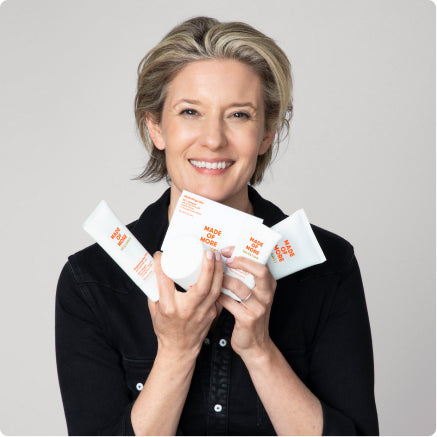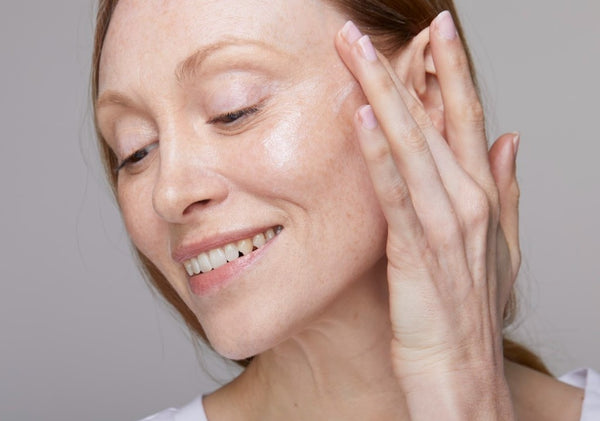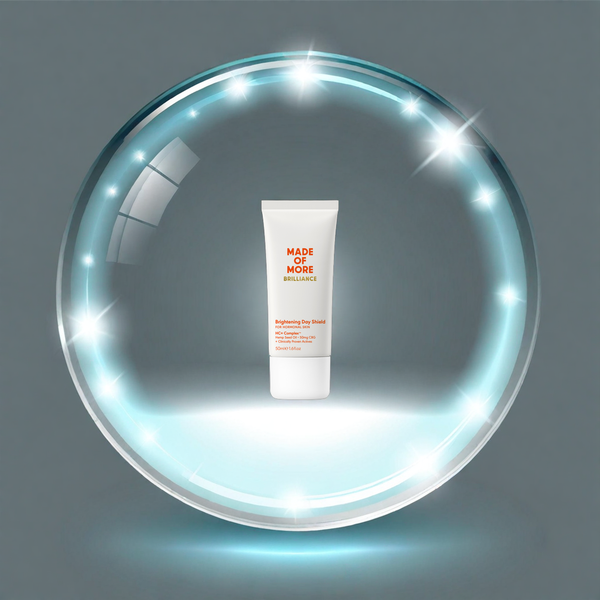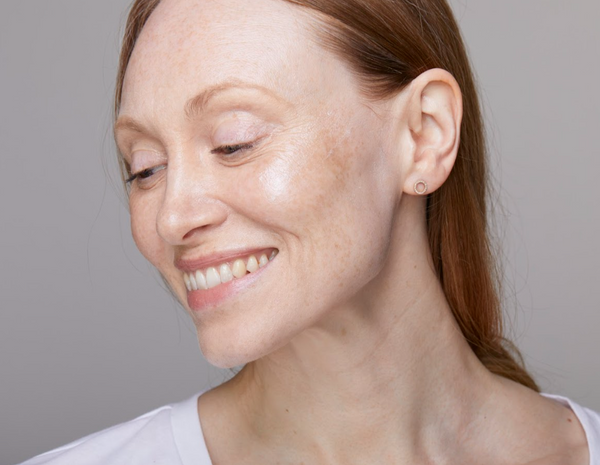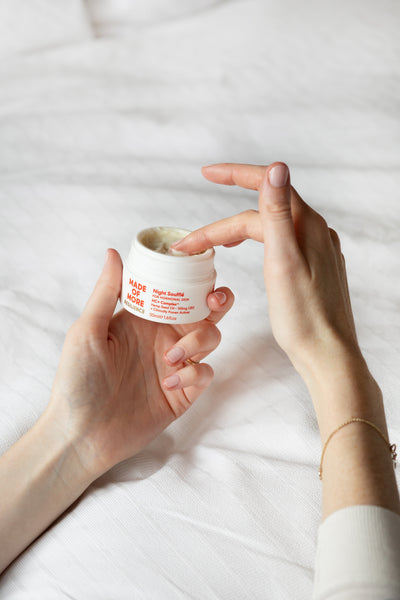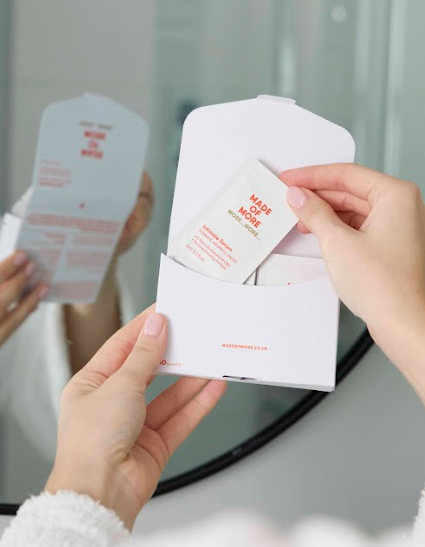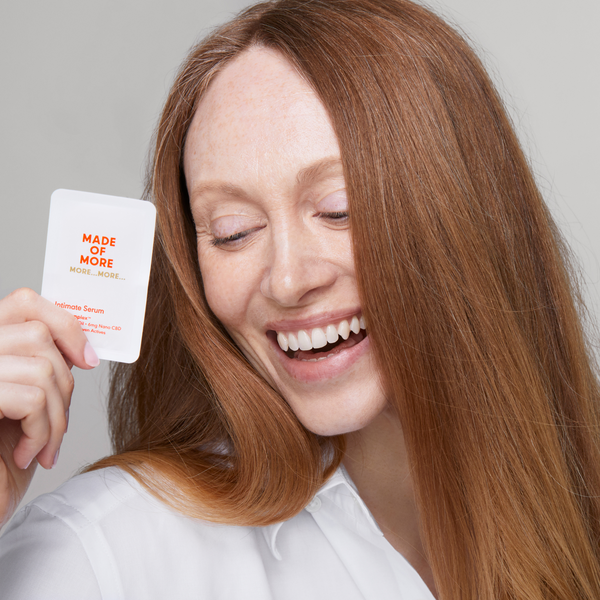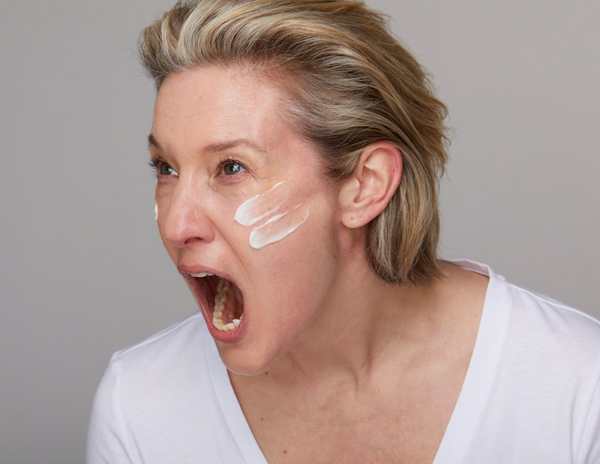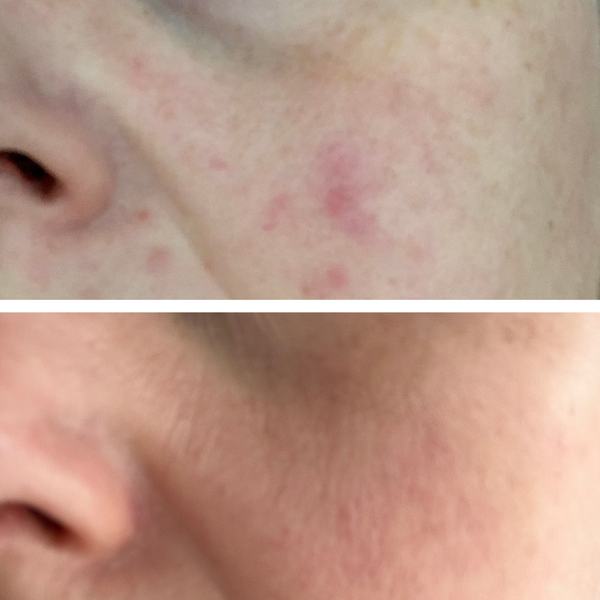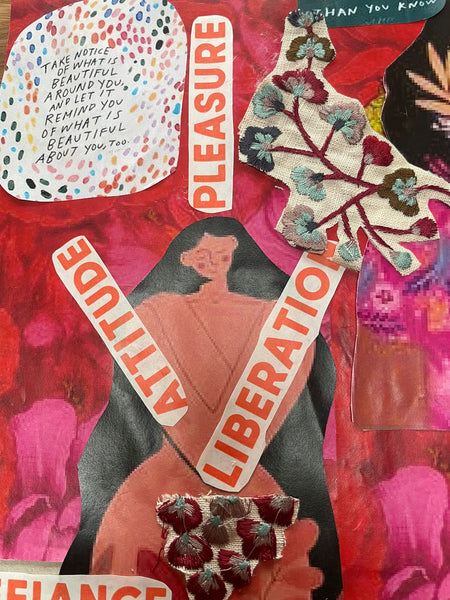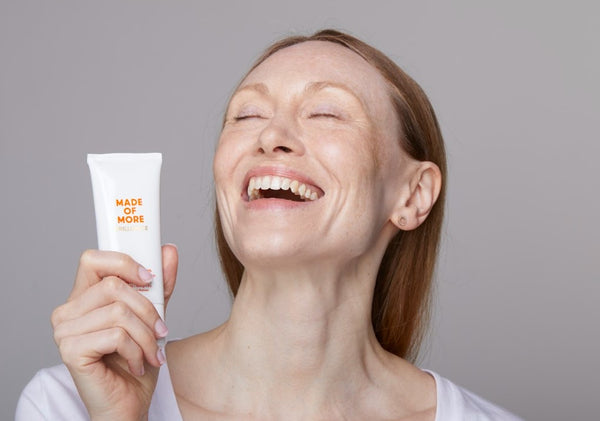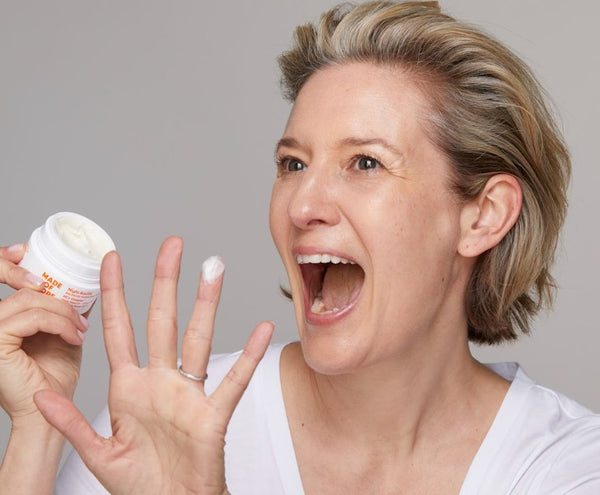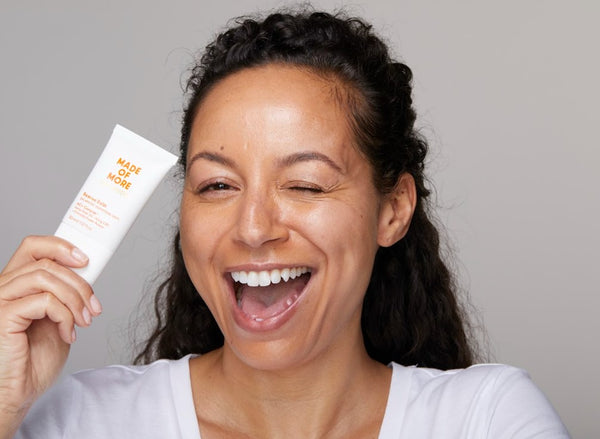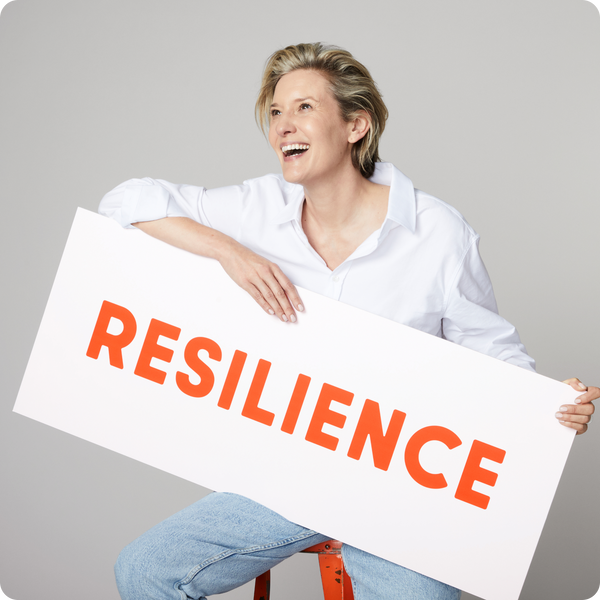Navigating the maze of menopause is hard. It’s easy to get bogged down by, and base conversations around, the myriad of physical symptoms. And there are a lot, and they should be talked out, focussed on, because they’re certainly felt.
And yet some of the hardest of the 48 are forgotten, or spoken about in whispers. The mental and emotional upheavals that we bear silently are seldom discussed. This journey, with its brand new panic attacks and niggling disquiet which gnaws away at our insides as we sit in meetings, juggle the kids and smile our way through socialising, is still far too shrouded in mystery. The mental anguish can often leave us feeling isolated.
So let’s look openly at how menopause can influence your mental well-being and equip you to address it.
The first of the 4 horsemen of the menopausal mental apocalypse?
Anxiety, often the unseen tormentor during menopause, affects over half of the women aged 40-55. Lets give that some context: In the UK alone, that equates to well over 8 MILLION women. 8 million, of which we know at least 4 million are feeling anxiety. The root of much of this, alongside of course the unacknowledged ‘lifestyle load’ - teenagers, ageing parents, senior or demanding roles at work, financial stress, is hormonal change and subsequent physical impact - racing heart, loss of sleep, temperature spikes, increased migraines, blood sugar fluctuations. It’s more than a LOT.
The first rule is this - acknowledge the anxiety. Feel it, notice it, say it out loud if it helps. Shout it, if you need to (we dare anyone to tackle you on this…..) . Just saying its name can feel like turning on the light in a dark room. Just naming it and being open to its presence rather than fighting it is a good first step.
Hot on the heels of anxiety is depression. The uninvited guest no-one wants at the party can crash into your life during menopause. It can weigh you down with sadness, making life seem bleak. Holistic interventions can light your path, as can telling yourself that this too, like all the other cr*p we as women battle through, shall pass.
Just behind depression is Irritabilty. Around 70% of women report irritability. This is one of the most common emotional symptoms due to declining oestrogen levels that cushion us nicely against life’s low-key annoyances. No longer so, as you wonder for the third time in just an hour why there are other people on the planet and how they can be SO annoying. As Caitlin Moran brilliantly put it, menopause can leave you All. Out. Of. Nice.
Finally, bringing up the rear is Brain Fog. Ah brain fog. If we could remember your name to describe you to our GP it would be a start…..Found the car keys in the washing machine again? Taken the cat for a walk? Forgotten you’ve a husband just temporarily? (Ok this one we can’t quite put down to hormones….) Brain fog is no joke in reality. Your carefully crafted competency and life skills can feel as if they’ve flown the nest as your hormones flatly refuse to get up in the morning.
So what actually helps?
Well firstly, knowing that others have been there, have the T-shirts, and are still powering through can help. Conversation is key. As a team, we’ve been where you are, and here are our some practical pointers to help you mitigate it:
- Think about your diet, minimising caffeine, alcohol, and sugar, as they can amplify anxiety. Work on blood sugar balance, as your resistance to insulin changes in midlife and erratic blood sugar gives rise to physical symptoms such as palpitations and dizziness. Eat protein with every meal and try to avoid processed carbs and added sugars.
- Pack in power nutrients and consider a high quality supplement containing Vitamins B, C, D, omega oils and magnesium.
- Embrace gentle movements like walks amidst nature or yoga, echoing Mel Robbins' stress-busting strategy. Or if it works for you, throw yourself into some high impact HIIT - the key is balance, but anything that boosts those neurotransmitters is helpful.
- Befriend mindfulness exercises such as meditation and breathing techniques. Do them in the bath, even better, with a hefty dose of magnesium-rich salts and a calming oil blend.
- Finally, and most importantly, connection matters. Open up the conversation, and reach out to understanding friends, family , trusted colleagues , healthcare providers, or therapists. Silence is not golden - it can quite literally be a killer.
But if you’ve tried all of the above and lifestyle interventions alone aren’t cutting it, seek professional help if your mental well-being is severely affected. Therapy, medication, and Hormone Replacement Therapy (HRT) can work wonders. Not every option will suit you, but it’s worth a little trial and error to find a solution that helps.
Menopause is a passage unique to every one of us, and its okay if we stumble. You aren’t alone, at least 8 million of us are in this together at any one time. So reach out, seek help, yell and stamp and let it out if it helps. But most importantly, let’s keep the conversation going.
